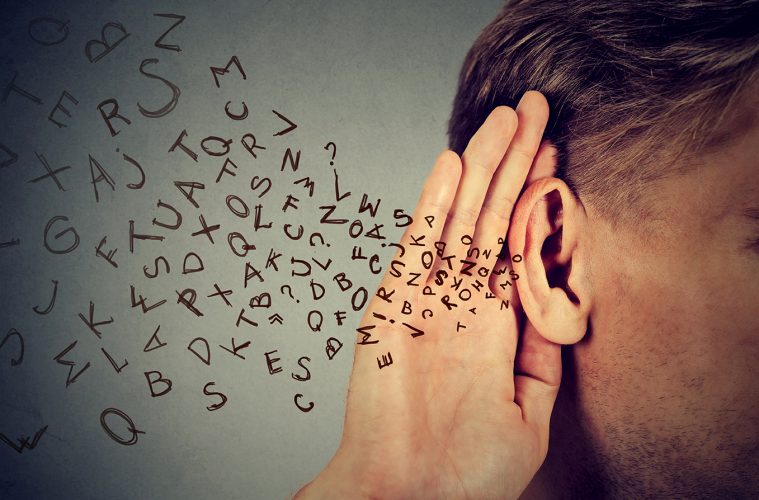If you’re experiencing hearing loss, you may also start to experience other symptoms. Below are just some of the side effects that can accompany hearing loss and how you can treat them.
[divider]Fatigue[/divider]
The strain of trying to hear what people could cause you to feel mentally exhausted at the end of the day. This could be especially the case if you’ve been to a social event in an environment with a lot of background noise where it can often be very challenging to keep up with conversations.
[divider]Headaches[/divider]
On top of feeling drained, you may start to develop headaches as a result of straining to hear what people are saying. These headaches could be a major inconvenience and could stop you enjoying downtime in the evening.
[divider]Depression[/divider]
Hearing loss can cause many people’s social lives to suffer. Relationships may also break down if you cannot communicate properly with one another. This could lead to social withdrawal and depression – especially if you were a very outgoing person beforehand.
[divider]Cognitive decline[/divider]
Studies have looked into hearing loss and brain health and found that there is often a greater risk of developing cognitive decline. You could notice yourself becoming more forgetful or you may find that you’re unable to solve puzzles as fast. This could turn into full-blown dementia.
 [divider]Late reaction to hazards[/divider]
[divider]Late reaction to hazards[/divider]
Sharp hearing allows us to react faster to various hazards. It could help us to hear approaching traffic or odd sounds around the home such as a leak or a faulty boiler. It could also be necessary for hearing various alarms. All in all, hearing loss could potentially get us into more accidents that could have otherwise been prevented.
[divider]How to combat the side effects of hearing loss[/divider]
The best way to combat many of the above side effects is to focus on treating hearing loss itself. By wearing a hearing aid, you will be able to hear noises more sharply. You’ll be less tired and will have less headaches and you won’t be straining to hear what people are saying. You’ll be able to socially interact more normally and so may not get as depressed. You’ll be able to react to hazards fast and you could also prevent cognitive decline.
You can also combat many of the above side effects by opening up about your hearing loss and by expressing the need for people to communicate more slowly. You could also suggest to not meet up in places that have a lot of background noise. This may help you to keep up with conversations so that it’s not so much of a strain.
It’s important to tell your doctor if any side effects are severe. You don’t want to ignore a headache that you thought was due to hearing loss only to realise that it was something more serious. As with the likes of depression, it’s always important to open up about such issues to prevent things getting worse.


